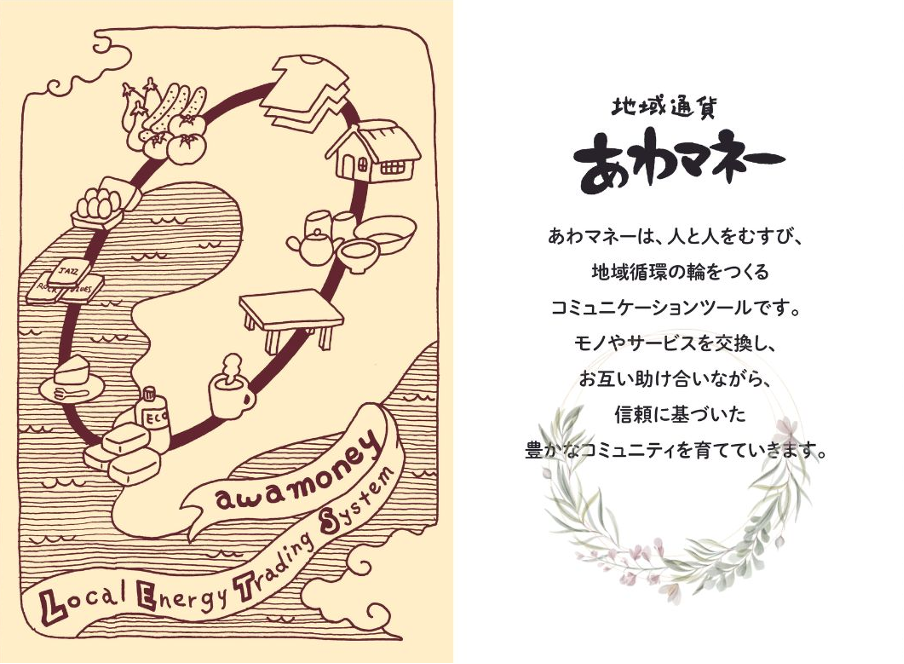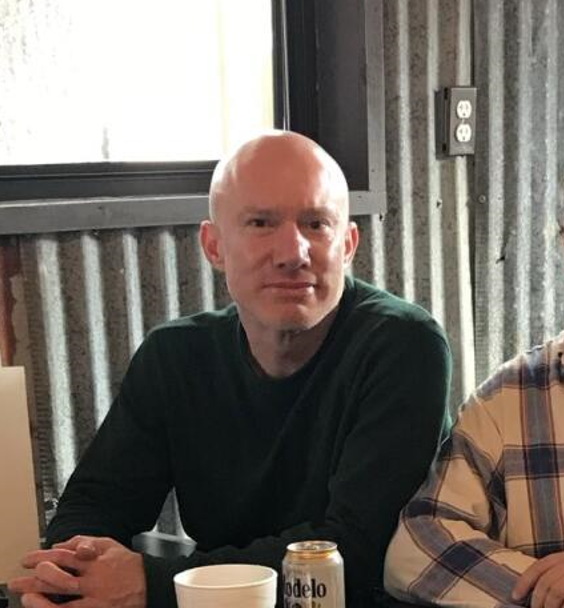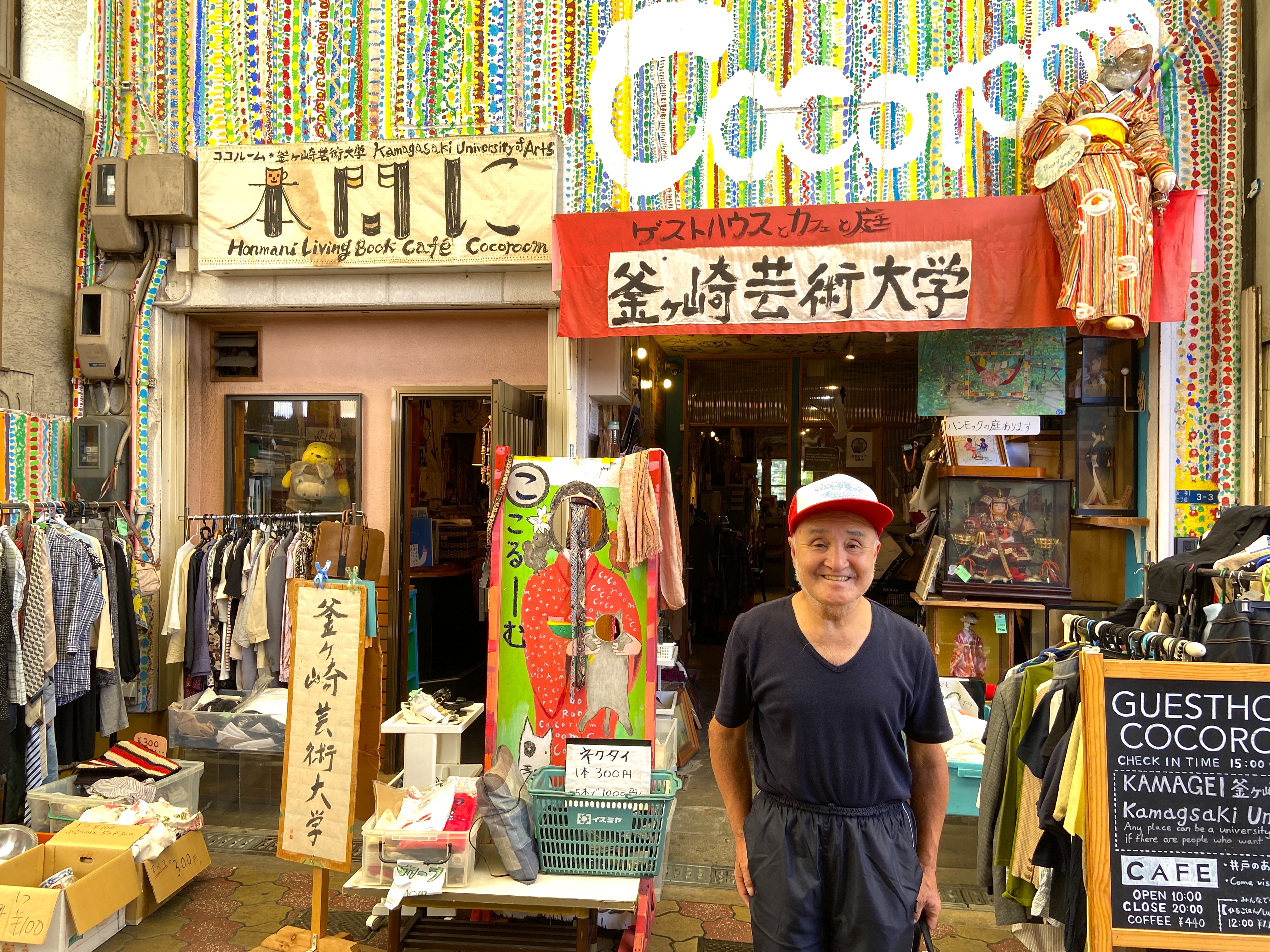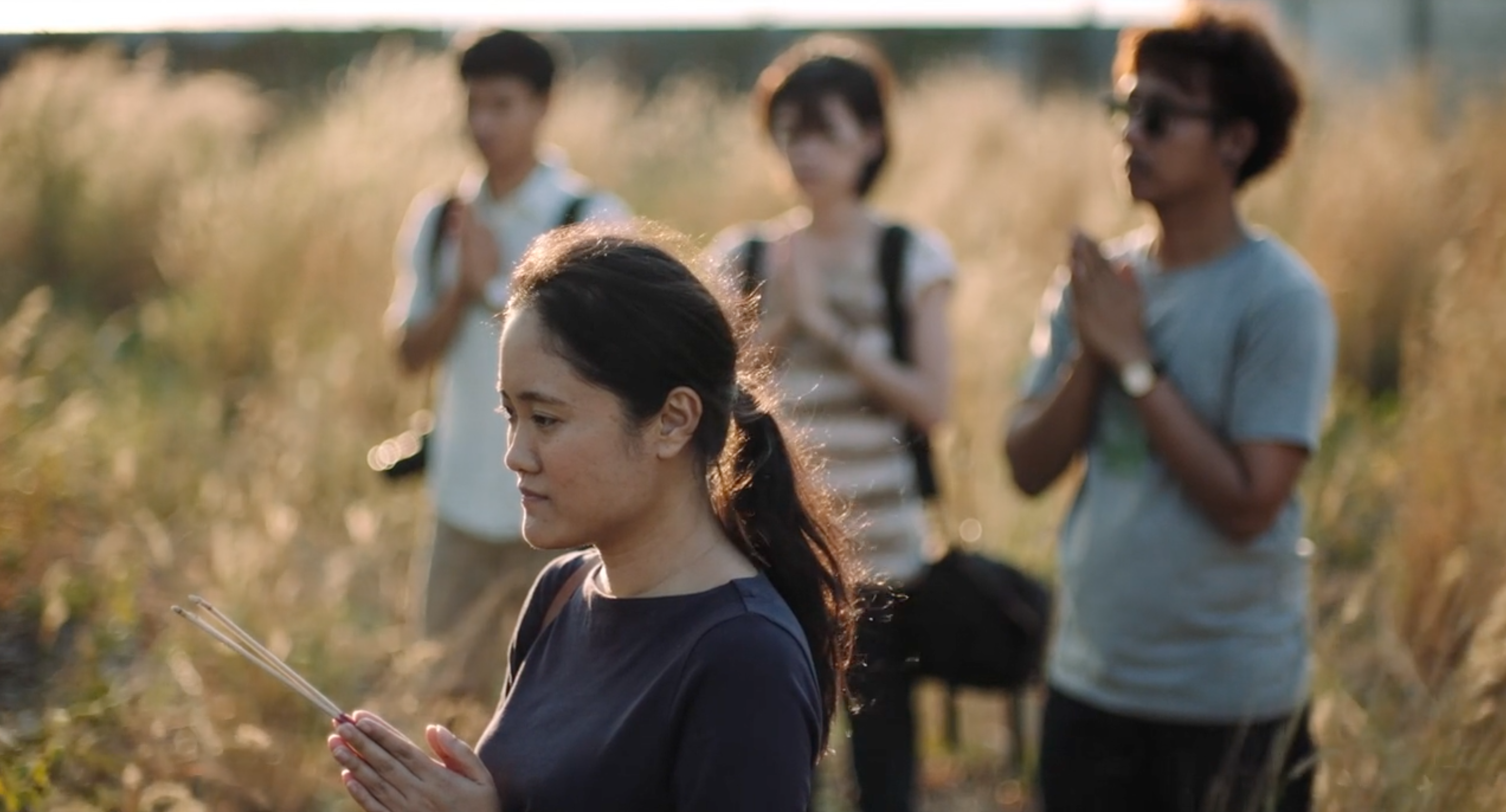Discussing Degrowth and/as Care Work

A seminar on developing and sustaining a degrowth culture through local community networks of care.
Local currency that is used by several communities in Chiba Prefecture, Japan.
In this seminar I would like to discuss the challenge of degrowth culture. Discussions of degrowth tend to focus on economics, with reference to global scales. The question of how degrowth would work at the scale of a local community is less discussed. What would the values, shared meanings, daily or yearly practices of a degrowth community look like? How would people live--and find value in living--in a degrowth society?
I believe that "care" provides one important answer to these questions. Care provides a lens that focuses the experience and practice of value, as well as certain kinds of economic and social activity (as in "care work"). It answers questions that are left out of more abstract degrowth theorizing, like "what will people do all day?" while also addressing aspects of human experience--particularly relating to vulnerability and death--that are abjected in capitalist economic and cultural systems.
I am interested in discussing care's generative potential, as something that individuals can readily imagine taking shape in their own mindset and familiar context, while also something available to articulation at larger scales, in terms of social, political, maybe even national values. Finally, I'd like to discuss the commonality I see between care and peace: enablers of human flourishing which, we are told, are never possible even though the tools to achieve them are always right at hand.
Readings
(Will be emailed to all registrants in advance of seminar).
Required: Kohei Saito's Slow Down (translated by Brian Bergstrom, 2024), Chapters 6, 7, and 8.
Recommended: The Care Collective's The Care Manifesto (2020).
Series convened by Olivier Krischer and Yvonne Low, co-presented by the Power Institute and VisAsia at the Art Gallery of NSW.
People

Justin Jesty
Justin Jesty researches the relationship between art and social movements in postwar Japan. His book Art and Engagement in Early Postwar Japan (Cornell University Press 2018) was awarded the 2019 ASAP Book Prize by the Association for the Study of Arts of the Present. He is currently researching contemporary socially engaged art in Japan. In 2017 he edited a two-part special issue on the topic in FIELD: A Journal of Socially-Engaged Art Criticism. He has also published several articles on postwar social documentary. All articles are available at https://washington.academia.edu/JustinJesty.



